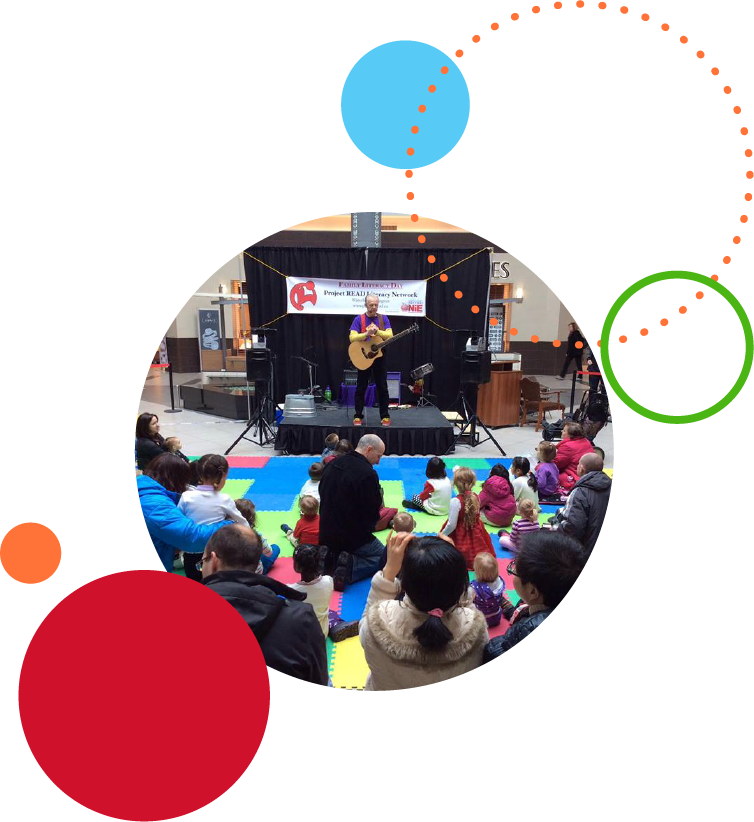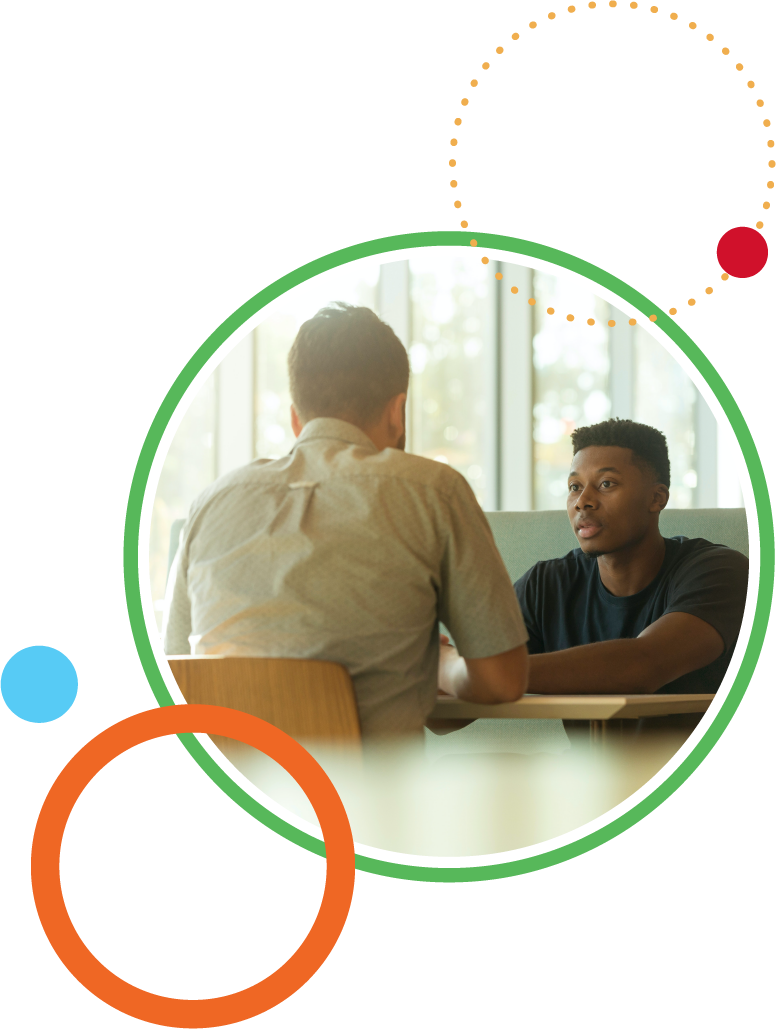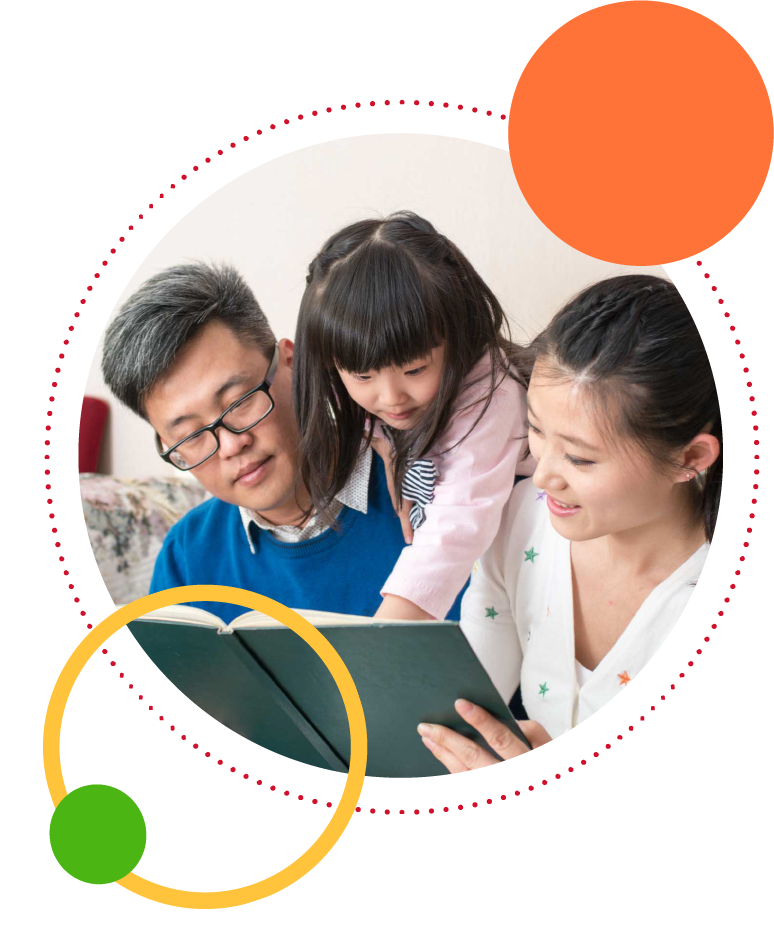
Our Mission
Our mission is to ensure any adult or family in Waterloo Wellington has access to essential skills training and support services.
Click here to find out more about why Project READ Literacy Network matters and why literacy matters.
Click here to view a map of our network area.




